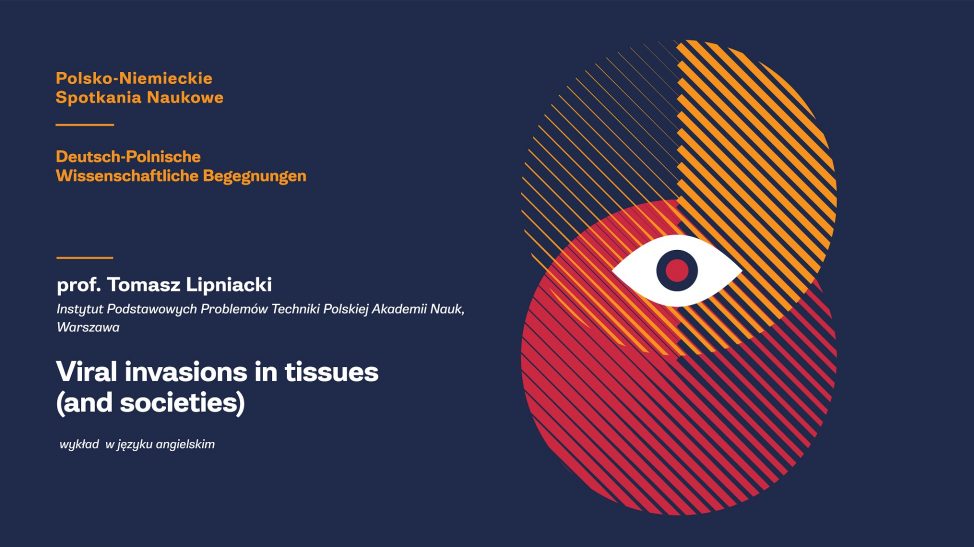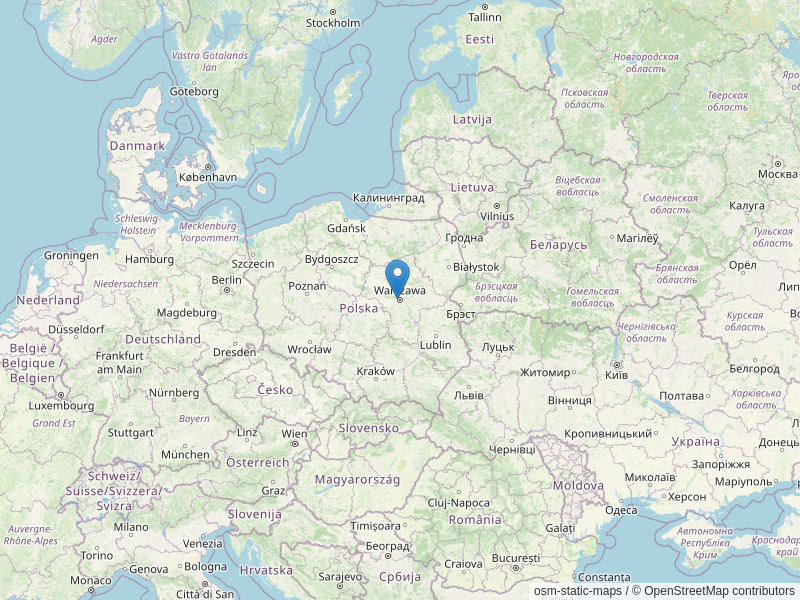Tym razem naszym gościem będzie prof. Tomasz Lipniacki z Instytutu Podstawowych Problemów Techniki Polskiej Akademii Nauk, który wygłosi wykład w języku angielskim pt.:
„Viral invasions in tissues (and societies)” („Inwazje wirusowe w tkankach (i społeczeństwach)”).
The success of a viral invasion depends on its ability to interrupt communication between cells. As in war, if due to the lack of communication, the defender will be unable to coordinate the fight – it becomes defenseless. Thus the actions of the cell focus on acquiring and transmitting information, while the virus seeks to break the communication. When cell recognizes a virus, it faces several scenarios of action. It can self-destruct (apoptosis), thus destroying the intruder along with itself. It may signal the problem to other cells. Few cells are able to do so, but the ones that do, shout loudly: interferons, small molecules secreted by one cell can trigger the antiviral program in several hundred neighboring, not yet infected cells. The effectiveness of cellular defense depends primarily on the efficiency of information gathering and speed of decision-making. Exactly as described by Arie W. Kruglanski, a social psychologist who introduced the terms “open-mindedness” to describe openness to new ideas and “the need for closure,” meaning an emotionally exhausting aversion to a state in which we cannot make a final decision for various reasons. The cell has ability to gather information, and in the stressfull situation, the ability to make a decision, even suboptimal, quickly is favored. We know this for a long time now: nothing disorganizes social life so much as decisions at a bad time and changed many times along the way.
Kiedy: 16 marca 2023 r. o godz. 18:00
Gdzie: Niemiecki Instytut Historyczny w Warszawie, al. Ujazdowskie 39
Przebieg spotkania:
18:00 Powitanie
18:15 Wykład i dyskusja
19:30 Poczęstunek
Wykład zostanie wygłoszony w języku angielskim.
















